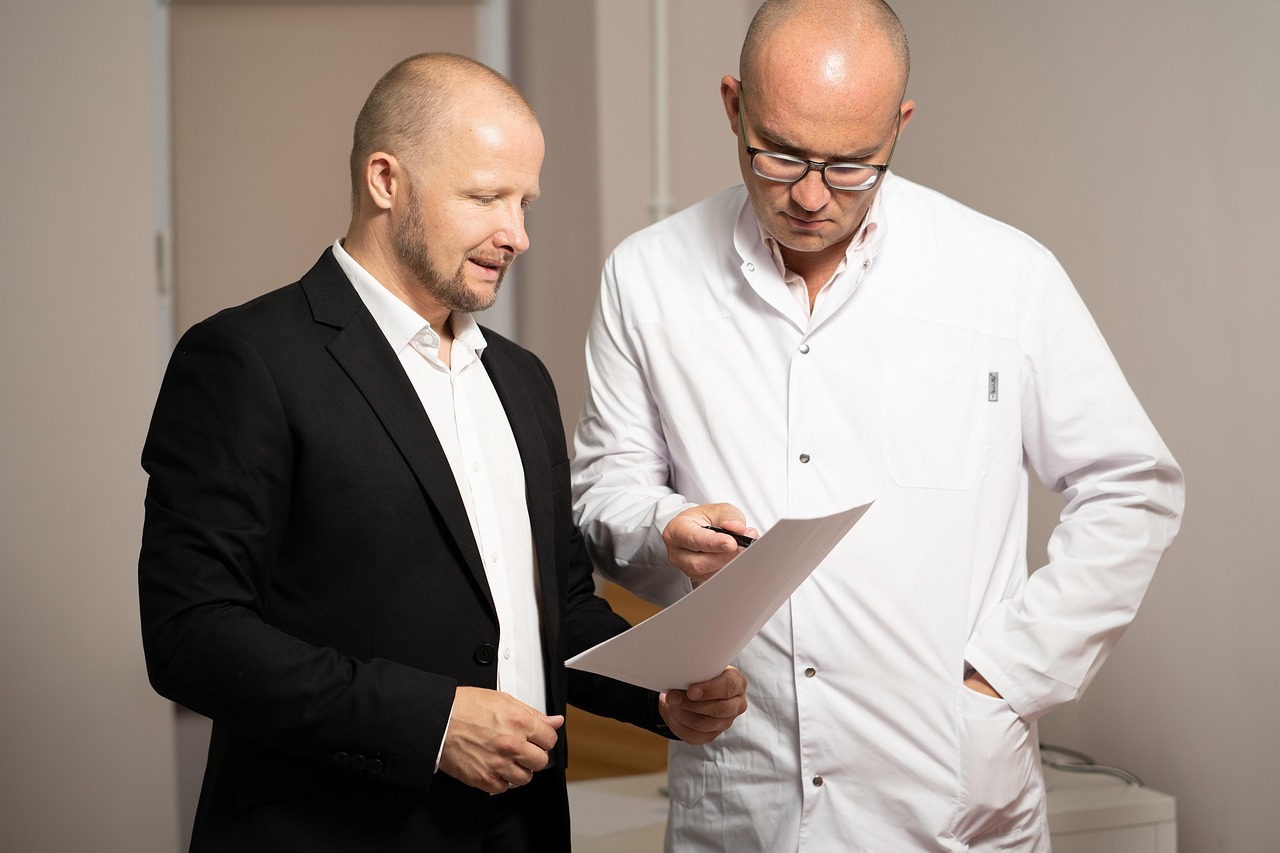In most jurisdictions, the rules of evidence dictate that a party who wants to call an expert witness must give the other party advanced notice as well as the expert’s name. In some situations, the rules may also require the disclosure of the expert’s opinions, qualifications, publications, and prior testimony in advance. More often than not, the expert must state his or her opinions in a written report that is shared with the opposing party or parties prior to trial.
When it comes to treating physicians, however, most jurisdictions make exceptions. Typically, treating physicians are only asked to testify regarding their diagnosis and the treatment they provided to a patient. In these types of cases, medical records are considered an adequate substitute for a written report.
Additionally, treating physicians are deemed different than other experts. Treating physicians are busy maintaining their practice and treating patients, so asking them to write a report is viewed as a waste of time, especially considering the reports would reiterate the information contained in medical records.
In New Jersey, discovery rules still permit a party to require the opposing party’s expert produce a written report. According to the requirements, the report must include a full statement regarding the expert’s opinions and the foundation for those opinions. The report must also include the facts and data that the expert relied upon. The rules currently make no exception for treating physicians.
Recently, the New Jersey Supreme Court was faced with a case which required them to ask whether a plaintiff who was suing for disability discrimination was required to produce a report when she relied on her treating physician’s testimony. The trial court excluded the physician’s testimony on the grounds that no report had been prepared and given as part of the pretrial process. The supreme court, however, determined that the treating physician’s testimony did not trigger the need to produce a written report.
The Delvecchio Case
Patricia Delvecchio worked for the Township of Bridgewater as a police dispatcher. In the Township of Bridgewater, dispatchers typically worked three shifts on a rotating basis. Delvecchio suffered from inflammatory bowel syndrome (IBS), which worsened whenever she worked the midnight shift.
Delvecchio told the Township that she suffered from IBS and formally asked for accommodations regarding her condition. She asked to be reassigned to the morning or afternoon shift. She supplemented her request with notes from her gastroenterologist. The notes explained that her symptoms were manageable during the day, but were not during her midnight shifts.
At first, the Township made the adjustments but decided it was too burdensome to keep her on the afternoon shift after one year. The other dispatchers, though, were happy to make these accommodations. The Township ended up reassigning her to afternoon shifts when those shifts were available and moved her back to occasional midnight shifts despite further intervention from her gastroenterologist.
Delvecchio repeatedly declined midnight shift assignments. In response, the Township asked her to resign. When she refused to resign from her position, the Township forced her into a records clerk position and cut her pay. Later, the Township terminated her, citing excessive absenteeism as its reason.
Delvecchio’s Lawsuit (Delvecchio V. Township of Beidgewater(2016)
Delvecchio filed a lawsuit against the Township, claiming that it violated New Jersey’s Law Against Discrimination by repeatedly moving her to the midnight shift. She supported her claim by stating that IBS is considered a disability under New Jersey law and that the Township had a duty to accommodate her disability into her work schedule.
In an effort to fulfill New Jersey’s discovery rules, Delvecchio informed the courts and the other party that her treating physician would testify that she had been diagnosed with IBS and that he wrote notes to the Township mentioned previously.
During the trial, the judge ruled that New Jersey law doesn’t allow a treating physician to testify regarding a plaintiff’s diagnosis unless that physician has been deemed an expert witness. Furthermore, the judge allowed Delvecchio’s gastroenterologist to testify that he had been treating her for IBS, but the judge did not allow the doctor to explain IBS or its symptoms to the jury.
Because the jury never heard testimony in support of the claim that Delvecchio was, in fact, disabled, they found the evidence to be in favor of the Township. Delvecchio appealed as a result.
The New Jersey Supreme Court’s Decision Regarding the Case
In conclusion, the supreme court ruled that the trial court should have allowed Delvecchio’s gastroenterologist testify about her IBS, the impact of IBS on her daily life, and the recommendations he gave her to alleviate her symptoms. Since Delvecchio’s attorney did ask the doctor general or global questions beyond the scope of his actions as her treating physician, she was not required to designate him as an expert. As a result, the court accordingly granted Delvecchio a new trial.
Disclaimer: Expert Witness does not guarantee or promise any desired legal results based on the content of this article.
This site produced by enlighten technologies™.
Images





0 Comments